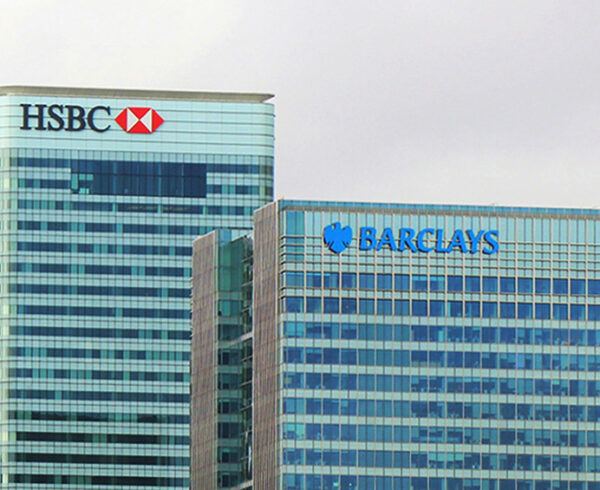Each October, UK Finance releases its half-yearly Fraud Report—a crucial update on the latest fraud and scam trends affecting the UK. While the full Jan – Dec 2024 annual report will not be available until next year, this mid-year report provides insight into the growing array of fraudulent tactics, from unauthorised payment fraud to authorised push payment (APP) scams. As fraudsters evolve alongside banking security, this report highlights the measures banks, businesses, and governments take to counter these tactics and protect consumers.
Why Are Remote Purchase Frauds Rising in the UK?
A major finding from the report is the 26% rise in remote purchase fraud cases in the past year, as criminals adapt to new digital environments and security measures. Although Strong Customer Authentication (SCA) initially reduced certain types of fraud, criminals have since found new ways to bypass it. By tricking victims into sharing one-time passcodes (OTPs) and sensitive information, fraudsters can outwit security measures that once deterred these scams. This surge in unauthorised payment fraud calls for continuous updates to security protocols and greater public awareness of the tricks fraudsters use to gain access to personal information.
How Are Banks Improving Fraud Prevention Rates?
UK banks have invested heavily in advanced fraud detection technology in response to these trends. As of mid-2024, banks managed to prevent £6.68 out of every £10 of attempted card fraud. Remote banking also saw a 34% increase in prevented losses, highlighting the strength of new detection systems. Furthermore, traditional fraud types like counterfeit fraud and card identity theft have declined, thanks to more sophisticated anti-fraud measures and robust security practices across banking institutions.
What’s Changing with Authorised Push Payment (APP) Fraud?
Authorised Push Payment (APP) fraud remains one of the most challenging types of fraud, as it relies on convincing victims to transfer money willingly. The report, however, shows encouraging signs: APP fraud cases dropped by 16%, and losses decreased by 11% in 2024. Increased reimbursement rates for victims of specific scams, such as romance and purchase fraud, have also provided relief, reflecting the industry’s growing commitment to addressing APP fraud and supporting victims.
Companies like CEL Solicitors, offering fraud recovery services have contributed significantly to the increase in reimbursement rate. As of October 2024, CEL has recovered over £100 million for victims of fraud and scams.
What Role Do Online Platforms and Telecoms Play in Fraud Cases?
UK Finance’s report also identifies online platforms and telecom channels as major contributors to fraud cases. In 2024, online platforms—such as Facebook, Instagram, and Tinder—enabled 72% of APP fraud cases, while telecom-enabled scams accounted for 16% of cases. Due to their high average value, telecom scams account for a larger share of overall losses. This underscores the need for collaboration between telecom providers, social media platforms, and banks to reduce fraud risks at the source and improve fraud prevention across digital ecosystems.
New APP Fraud Protections Introduced in October 2024
On October 7, 2024, the UK introduced new protections for APP fraud victims, which require banks, building societies, and e-money providers to reimburse victims under specific guidelines. These rules cover payments through the Faster Payments and CHAPS systems to secure UK domestic transfers. As part of this change, financial institutions are rolling out enhanced fraud detection technology, including the Confirmation of Payee system to verify recipient details before transfers are made. The Payment Systems Regulator (PSR) believes these new protections will reduce fraud and encourage financial institutions to adopt stronger anti-fraud practices across the board.
Fraud Recovery Services at CEL Solicitors
CEL Solicitors is committed to helping victims recover from scams, having already recovered over £100 million in lost funds. If you have lost money to fraud and your bank has refused reimbursement, our fraud recovery experts can offer free initial advice and support. With our no-win, no-fee terms, you have nothing to lose but everything to gain.
Call us today at 0330 127 7839 or inquire online—a member of our team will be in touch to gather details and begin your claim.













